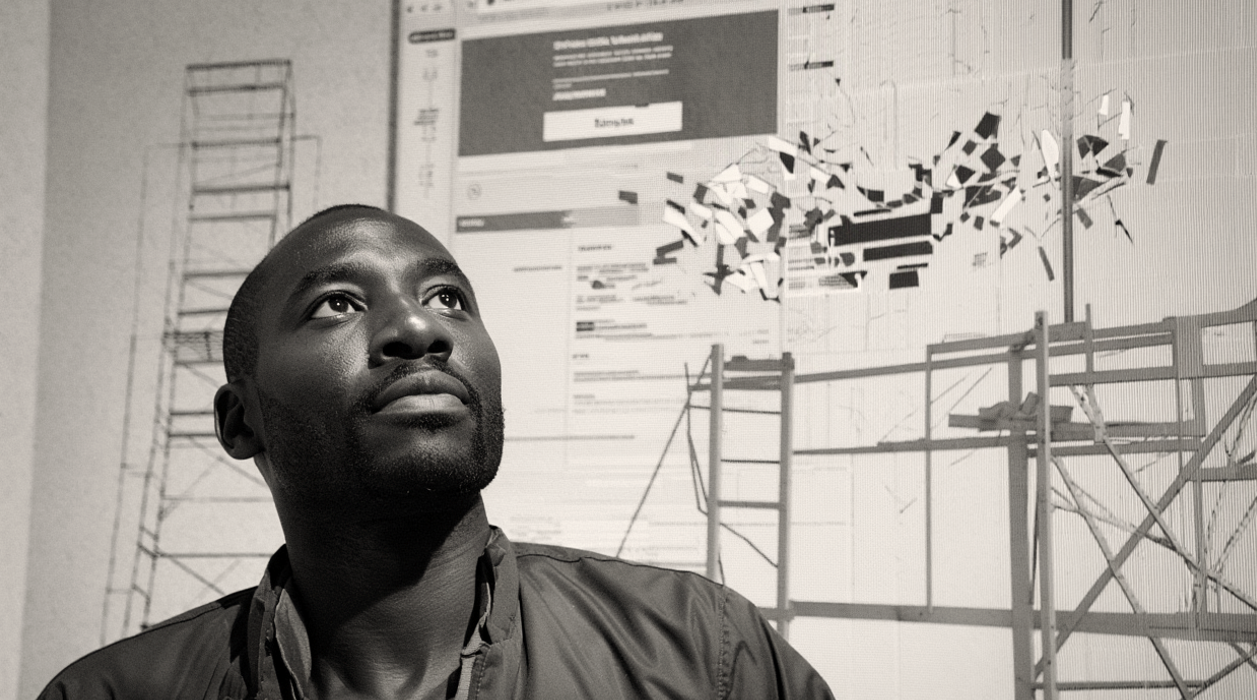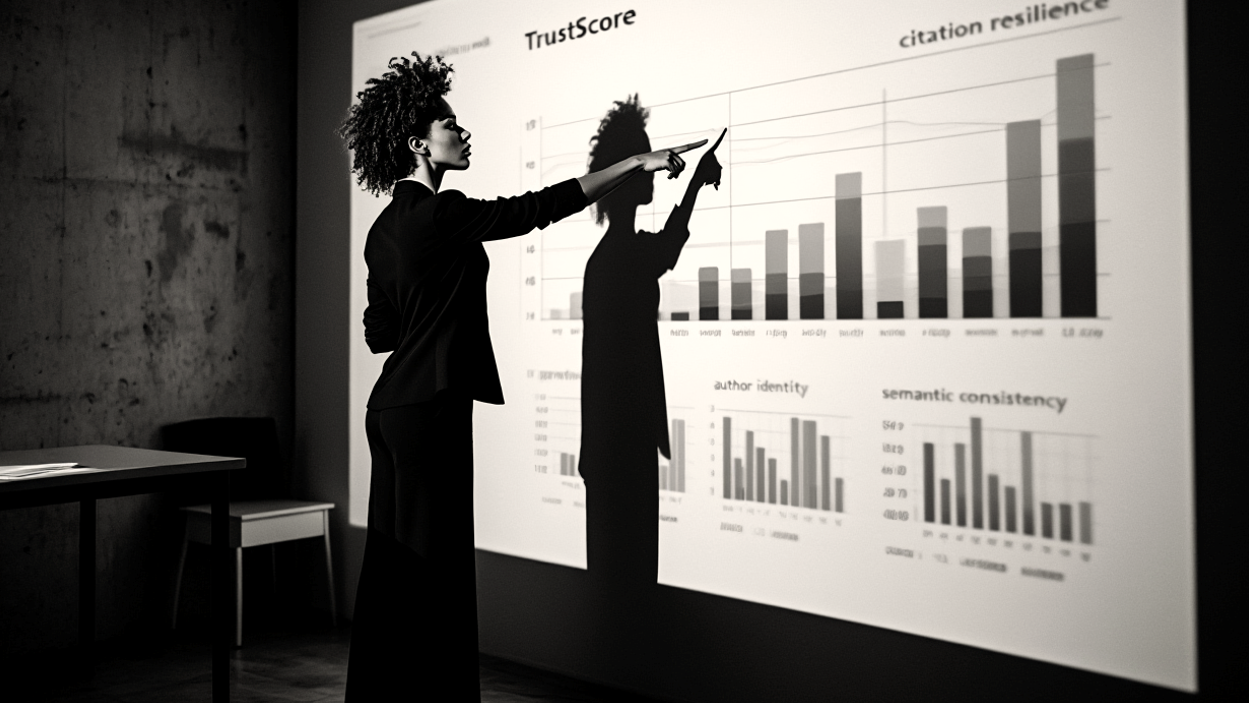The Belief Economy, Why Brands Are Replacing Celebrities in 2025
We’ve entered a new era of cultural leadership, and it didn’t come with a red carpet. In 2025, audiences no longer look to celebrities, influencers, or political figures for meaning, direction, or trust. That contract has been broken; too many headlines, too many betrayals, and too much performance without principle have eroded the authority of the people who once held our collective attention.
And now, the spotlight is shifting to brands.
Brands have become cultural anchors, identity proxies, and trust vehicles, not in the traditional sense of marketing or advertising but in a much deeper, more consequential way. Consumers are no longer just buying products; they’re buying into belief systems. They’re choosing which companies reflect their values, worldview, and expectations of integrity in a trust-deficient world.
This isn’t a trend; it’s a restructuring of influence, and it’s reshaping the future of brand, leadership, and growth.
The Collapse of Traditional Influence
For decades, culture was driven from the top down, celebrities shaped aspiration, politicians shaped ideals, and influencers shaped taste. But that hierarchy has fractured.
We’ve seen the downfall of icons who were supposed to lead with conviction. We’ve watched campaigns built on carefully scripted personas fall apart in real-time. We’ve lived through cycles of hype, disappointment, and detachment, and people are tired; they’ve grown skeptical.
Performative trust signals no longer work. Today’s consumers are more informed, discerning, and far more protective of their attention. They don’t want to be told what to believe; they want to see who believes what and whether it holds under pressure.
Why Brands Are Stepping Into the Vacuum
Today, people buy things not just because of what they are, but because of what they represent. They choose brands that reflect how they see the world, what they care about, and who they believe has earned their trust.
In the absence of public figures who can carry moral weight or cultural leadership, brands are stepping into that space, intentionally or not, and with that comes enormous responsibility. Consumers are asking:
- Who is honest?
- Who is consistent?
- Who is building something that will last?
- Who understands what matters?
In this context, a brand isn’t a logo; it’s an operating system of trust. Companies that understand this aren’t just selling products; they’re shaping culture.
From Transactions to Tribes
We used to build audiences; now, we build alignment. The idea of influence has evolved from attention-grabbing to trust-earning; that shift requires a different kind of investment, one rooted in behaviour, not broadcast. Here’s what belief-led brands are doing differently:
- They communicate with clarity, not spin.
- They lead with values, not just mission statements.
- They show receipts and proof of impact, not promises.
- They make their ethics operational, not optional.
- And they stand for something that holds up, even when the market doesn’t.
When a brand earns belief, customers don’t just buy from it; they defend it, refer to it, and stay with it. This is because belief compounds and the influence that grows from belief is far more durable than anything tied to trend.
Why This Moment Matters
This shift is bigger than marketing; it’s about where cultural authority lives now.
We are witnessing the decentralization of influence. People are no longer looking “up” to find who to follow. They’re looking across brands, communities, and ecosystems that share their values and reflect their expectations of the world.
And the brands that will win at this moment are the ones that are brave enough to stop performing and start showing up consistently, transparently, and with the kind of integrity that stands up to scrutiny.
Influence used to be about reach; now it’s about resonance, and resonance begins with belief.
Get The Trust OS™ Manifesto PDF: https://thriveity.com/wp-content/uploads/2025/03/Trust-OS™.pdf

















